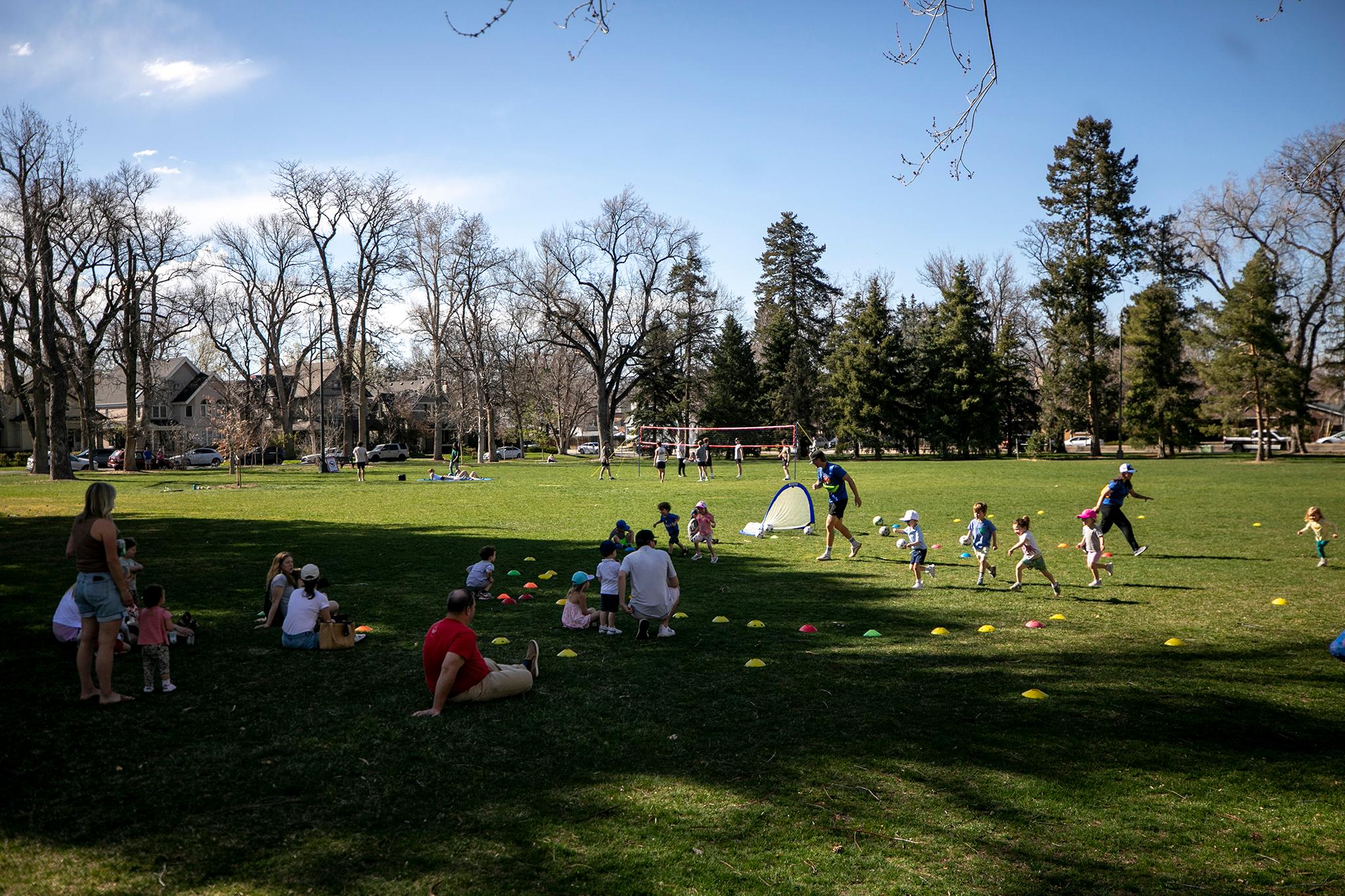Denver has the best parks system of any large Colorado city, according to a new national ranking of the country’s 100 biggest cities by the Trust for Public Land, a parks advocacy group.
Nationwide, the city was rated as having the thirteenth-best system.
“The City of Denver is making a significant investment in the quality of life of its residents, parks and open space,” explained Jim Petterson, the Mountain West Region Vice President of the Trust for Public Land.
So what does the rating measure, anyhow?
The rating measures how close residents are to a park, how much cities spend on their park systems per resident, park acreage, and equitable access between various communities in the city.
In Denver, a whopping 93 percent of the public lives within a 10-minute walk to a park.
Denver spends $197 per resident each year on parks, far higher than the national average of $124.
Access between racial groups is fairly equitable, according to Petterson, though not everything is rosy in Denver.
Denver ranks fairly low in terms of the percentage of the city comprised of parks.
“That's a tough thing to solve for, because Denver doesn't have many large parcels of land left,” Petterson said. “But there are still opportunities to create new parks where they're needed most.”
How are other cities doing?
Aurora fell six places in the national rankings to 46th best, and Colorado Springs dropped four places to 55th best.
In Aurora, 90 percent of residents live within a 10-minute walk of a park, and the city spends $142 per resident annually on parks.
As for Colorado Springs, 77 percent of residents have a park within a 10-minute walk, and the city spends $116 per resident each year on parks.
Boise, ID has the best dog parks; Saint Paul, MN has the best basketball courts; and Las Vegas has the best playgrounds.
Nationwide, Washington D.C., where 24 percent of the land is reserved for parks, continues to enjoy the best parks system in the country, followed by Minneapolis, Saint Paul and Irvine.
Why do parks matter?
“Connections to nature are incredibly good for one's health and mental health,” Petterson said. “In fact, if parks were a pill, everybody would have a prescription and be taking it every day.”
Parks also give people a space to come together. People who live near parks are more likely to approve of their local government, parks departments and police.
“In a city like Denver, in the top quarter of ParkScore rankings, residents are about 60 percent more likely to volunteer than in lower ranking cities and 26 percent more likely to form friendships with people from different social economic groups,” Petterson said.
“So what this really is telling us,” he added, “is that in this era, where there's such an epidemic of loneliness and isolation, parks are a useful tool to get people outdoors, connecting with their neighbors, their communities, and making relationships across the socio-economic spectrum.”











